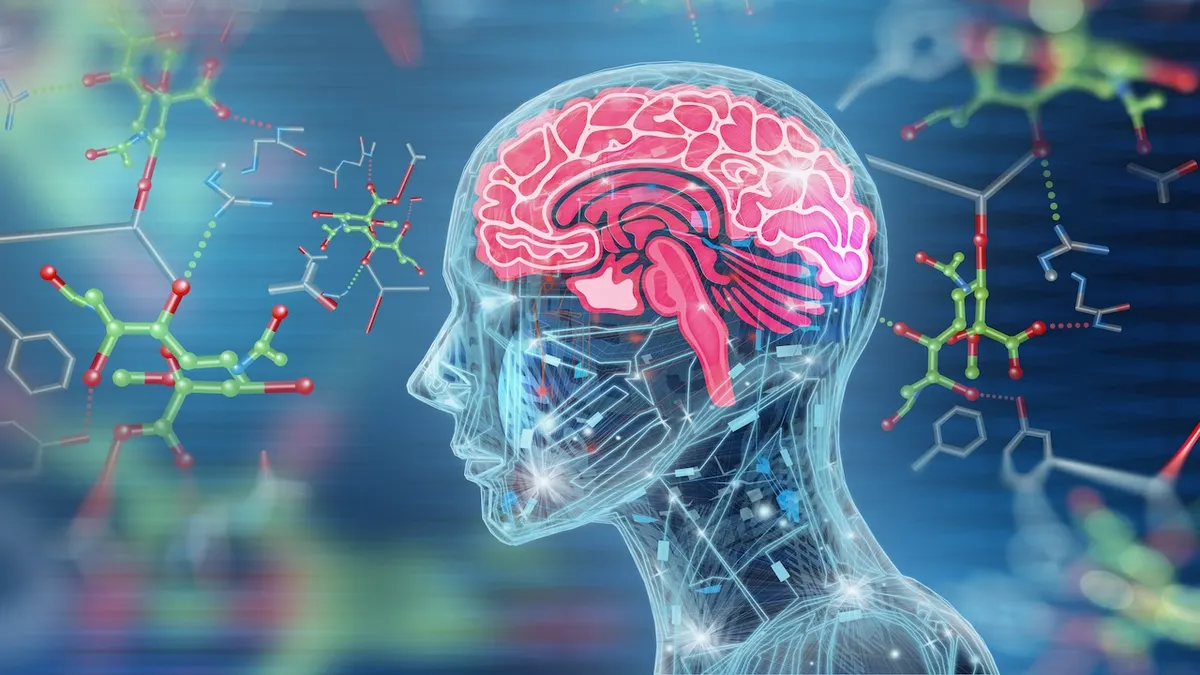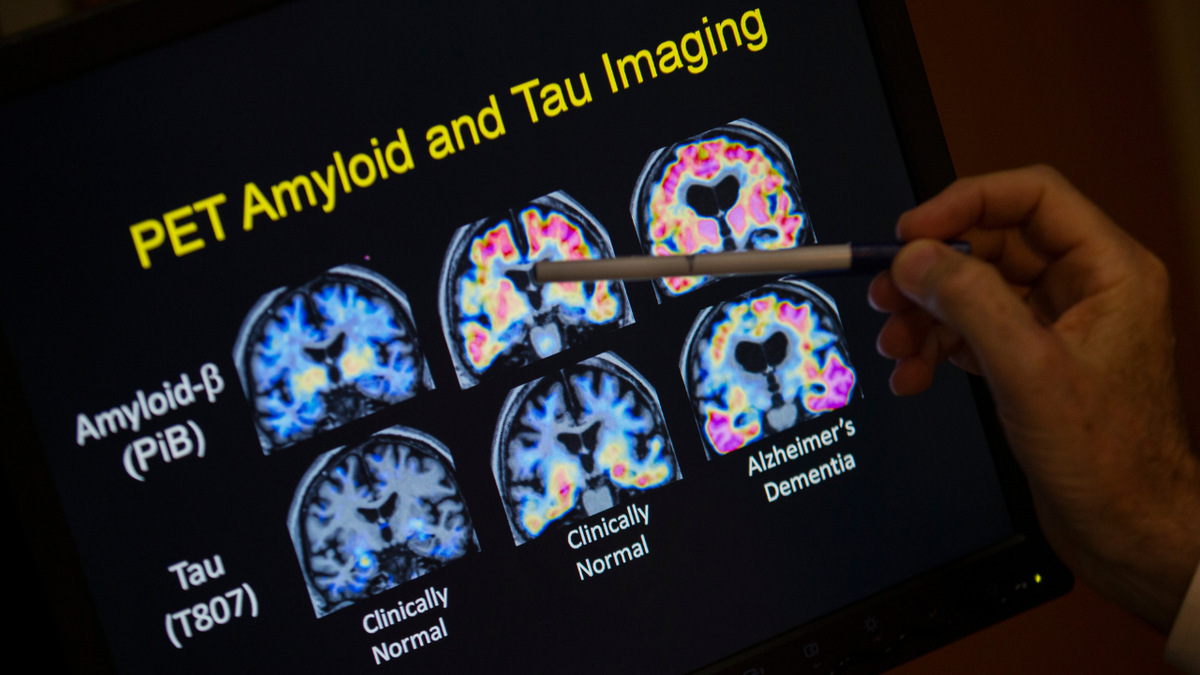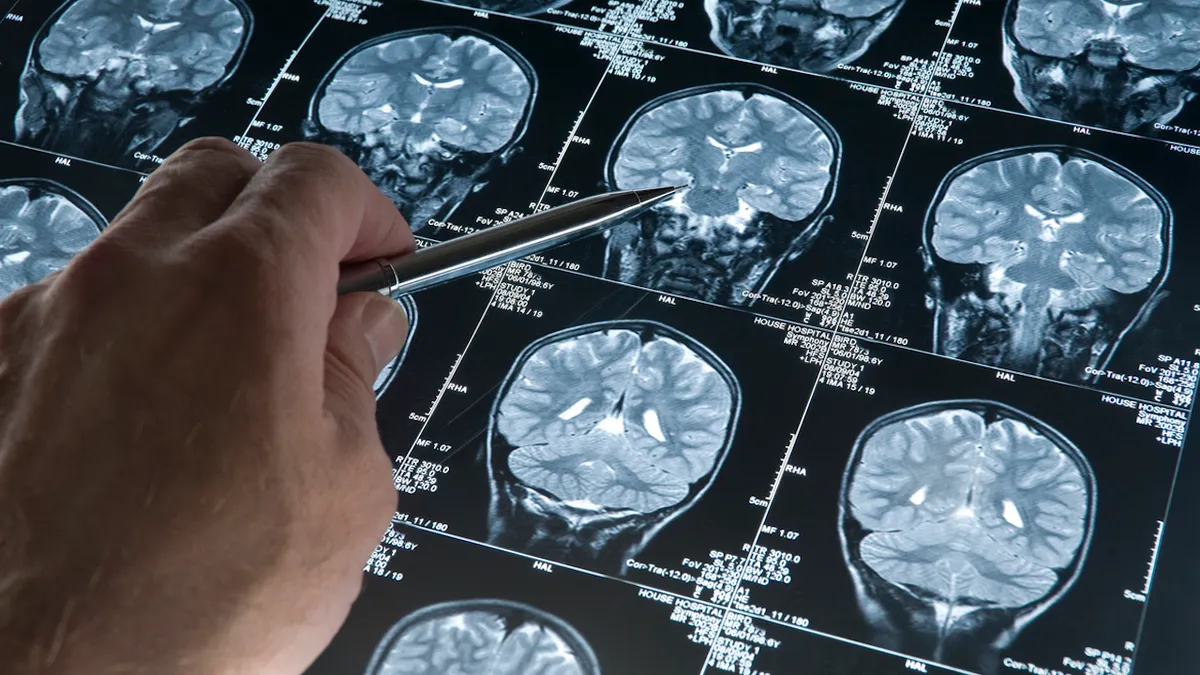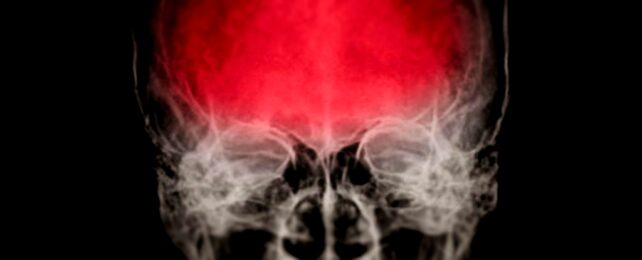Aging ‘hotspot’ found in brain, researchers say: ‘Major changes’
The brain plays a big part in the aging process, and scientists think they’ve pinpointed the specific cells that control it.
In a study of mice, researchers at the Allen Institute identified certain cells that showed "major changes" with age, particularly in one specific "hotspot," according to a press release.
Mice were chosen because their brains share "many similarities" to human brains.
FRIENDS, FAMILY MAY PROTECT AGAINST HEART ATTACK, STROKE AND TYPE 2 DIABETES, STUDY SUGGESTS
"Our brain consists of thousands of types of cells, which carry out different functions," Hongkui Zeng, study co-author and director of the Allen Institute for Brain Science in Seattle, told Fox News Digital. "Our study shows that different cell types are differentially susceptible to the aging process."
The research, funded by the National Institutes of Health, was published in the journal Nature.

The researchers used RNA sequencing and brain-mapping tools to analyze more than 1.2 million brain cells from young mice (2 months old) and older mice (18 months old).
WARDING OFF DEMENTIA MEANS MORE READING, PRAYING AND LISTENING TO MUSIC: STUDY
The 18-month-old mice are roughly equivalent to a "late middle-aged human," the researchers indicated.
The researchers grouped the cells into 847 different types and also identified nearly 2,500 genes that changed with aging, according to Zeng.

The cells that were linked to aging showed an increase in inflammation and a decrease in "neuronal function."
"Changes in these genes point to deteriorated neuronal structure and function in many neuronal and glial cell types, as well as increased immune response and inflammation in the brain’s immune and vascular (blood vessel) cell types," Zeng detailed.
5 MAJOR ALZHEIMER’S DISCOVERIES SCIENTISTS MADE IN 2024
The cells that experienced the biggest changes were the ones in the hypothalamus, the part of the brain that is linked to food intake, energy balance and metabolism, the researchers noted.
This suggests that this area is a "hotspot for aging," Zeng noted, and that there could be a connection between diet, lifestyle factors, brain aging and risk of age-related cognitive disorders.
"The findings from the study reinforce the notion that maintaining a healthy lifestyle, promoting a healthy metabolic state, and reducing inflammation in the body and brain could slow down or delay the aging process and reduce the risks of aging-associated brain diseases," he said.
The hope is that this discovery could lead to new age-related therapies to improve the function of these cells and help prevent neurodegenerative diseases, according to the researchers.

"Aging is the most important risk factor for many brain diseases," Zeng noted.
"Our study provides a highly detailed genetic map for which brain cell types may be most affected by aging and suggests new gene and cell targets for developing new treatments for aging-related brain diseases."
The study did have some limitations, the authors acknowledged.
"The main limitation of our study is that the findings are correlational," Zeng said.

"We don’t know yet if the gene expression changes observed in specific cell types are causal to brain aging. Our study lays the groundwork by providing a detailed genetic map and cell targets."
Zeng called for future studies to investigate the cells’ roles in aging and determine whether the reversal of the changes could delay the aging process.
TO SIGN UP FOR OUR HEALTH NEWSLETTER
Dr. Earnest Lee Murray, a board-certified neurologist at Jackson-Madison County General Hospital in Jackson, Tennessee, commented that the new research adds to existing evidence supporting the role of diet in human brain health.
The detailed "brain roadmap" will be very beneficial for future research into aging and possible therapeutics, according to Murray, who was not involved in the study.

It’s been known for some time that inflammation plays a role in chronic age-related diseases such as Alzheimer's, the neurologist noted.
"More and more evidence is pointing to the fact many chronic diseases can be prevented, and it often comes down to diet and exercise," he told Fox News Digital.
For more Health articles, visit www.foxnews.com/health



